Trump Opens Arctic Refuge to Polluters
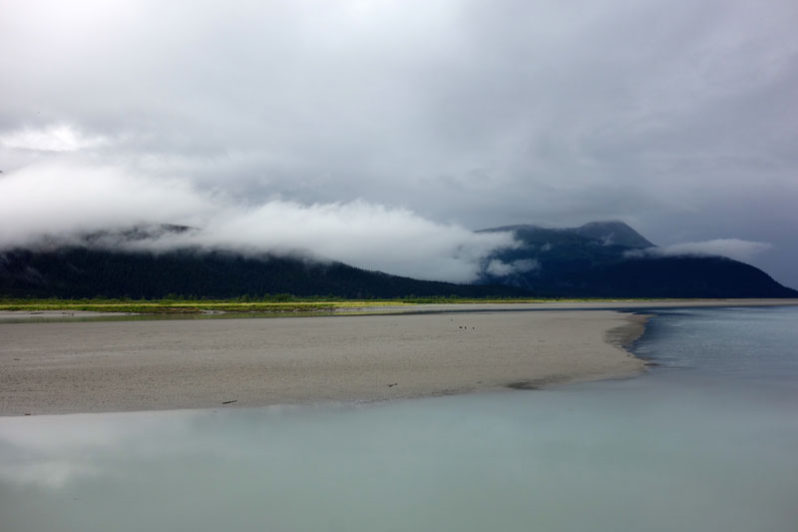
The Interior Department is opening up the entire Coastal Plain of the refuge to polluters—at the expense of Indigenous peoples’ traditional ways of life, numerous wildlife species, and the climate.
A cargo ship leaking tons of oil off the Mauritius coast has split in two
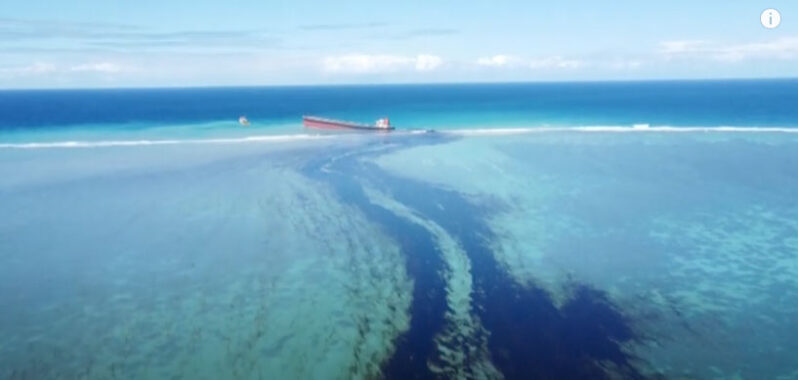
A ship that has leaked more than 1,000 tonnes of oil in pristine waters off the coast of Mauritius has split in two.
Researchers identify human influence as key agent of ocean warming patterns in the future

The oceans play an important role in regulating our climate and its change by absorbing heat and carbon.
Tropical Storm Isaias left New Jersey beaches with a case of ‘sea lice’
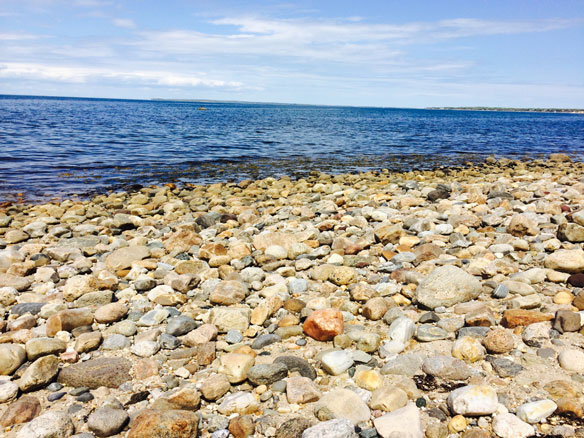
Jellyfish larvae commonly known as “sea lice” are invading south New Jersey beaches, all thanks to Tropical Storm Isaias.
Critical questions over disease risks from ocean plastic

Key knowledge gaps exist in our understanding of how ocean microplastics transport bacteria and viruses — and whether this affects the health of humans and animals, researchers say.
Scientists reveal long-term cumulative effects of frequent green tides in coastal oceans
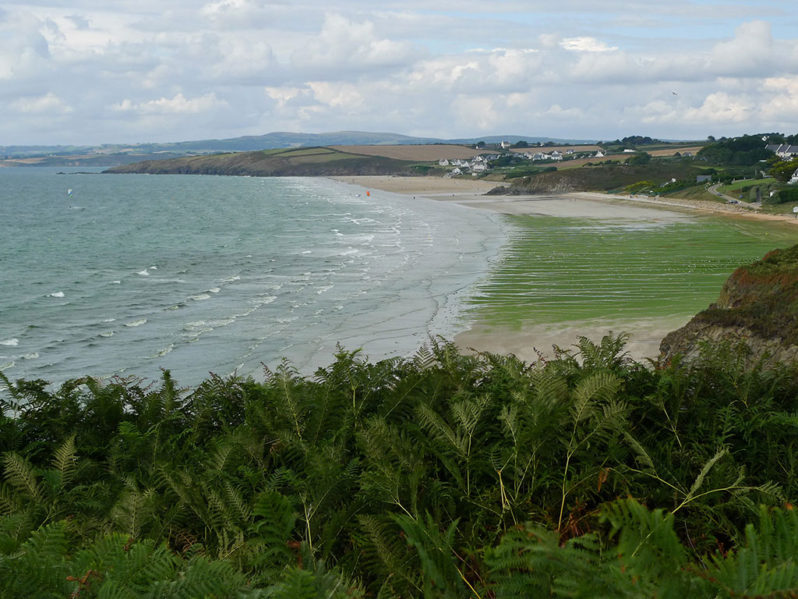
The world’s largest green tide caused by Ulva prolifera has been occurring continually in the Yellow Sea, China, for more than 10 years. It has become a serious marine ecological disaster.
Warming Greenland ice sheet passes point of no return
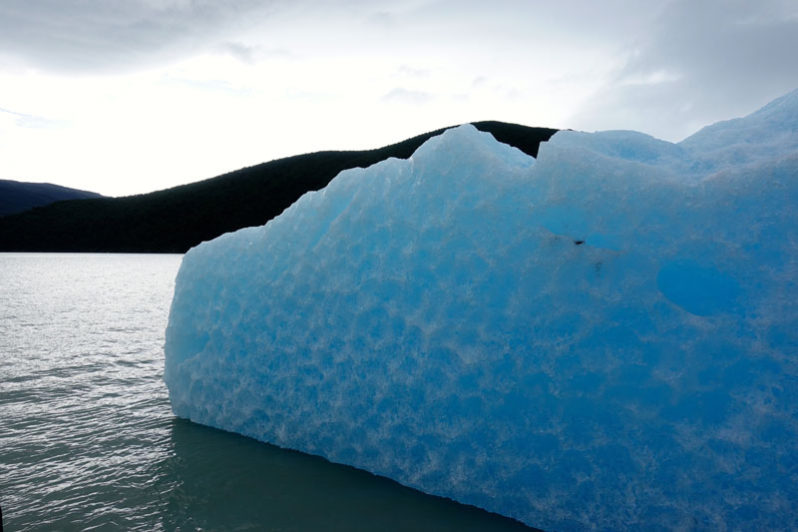
Nearly 40 years of satellite data from Greenland shows that glaciers on the island have shrunk so much that even if global warming were to stop today, the ice sheet would continue shrinking.
The ship that leaked oil into pristine Mauritian waters could break in two. That would be an environmental catastrophe
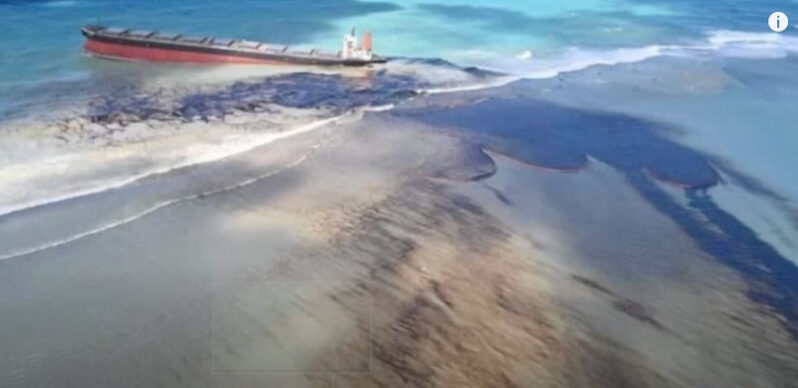
A stricken ship off the coast of Mauritius which has already leaked about 1,000 metric tons of oil into a pristine Indian Ocean lagoon could be about to break in two, experts fear — spelling disaster for the ecologically rich area.
New study warns: We have underestimated the pace at which the Arctic is melting
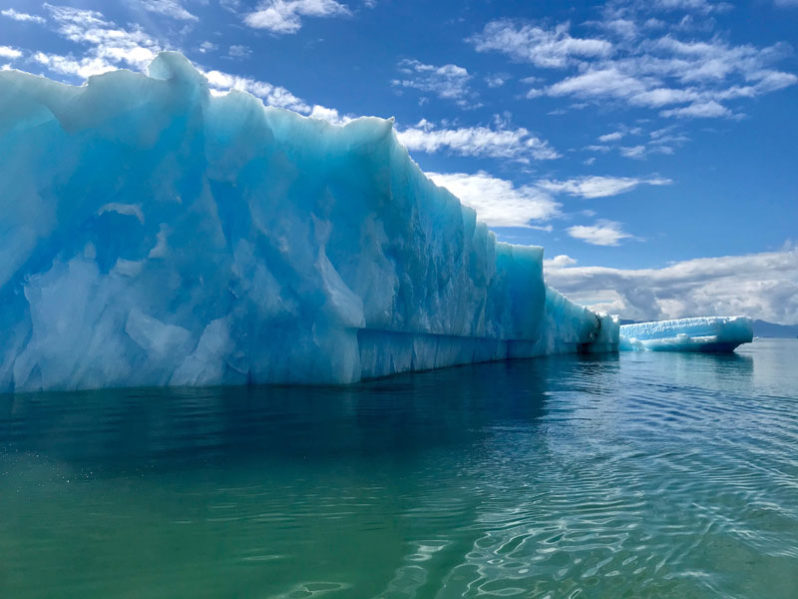
Arctic sea ice is melting more quickly than once assumed. Today’s climate models have yet to incorporate the steep rise in temperatures that have occurred over the past 40 years. This, according to a new study by researchers at the University of Copenhagen and other institutions.
